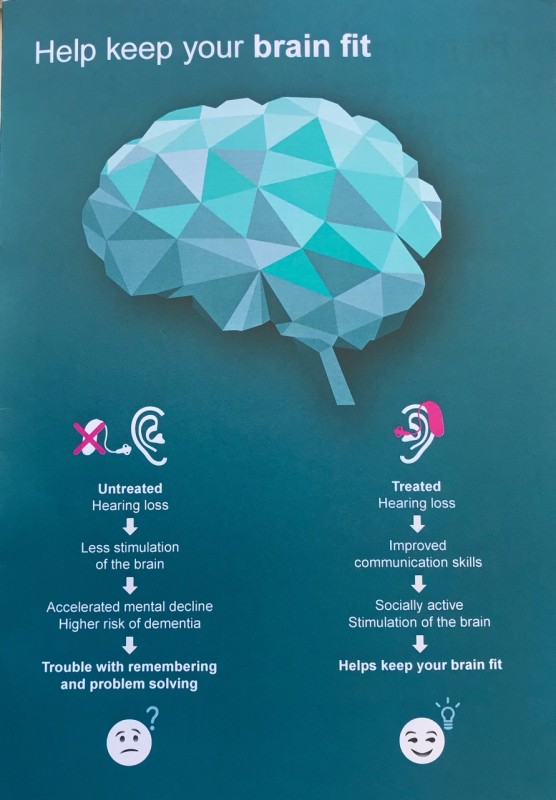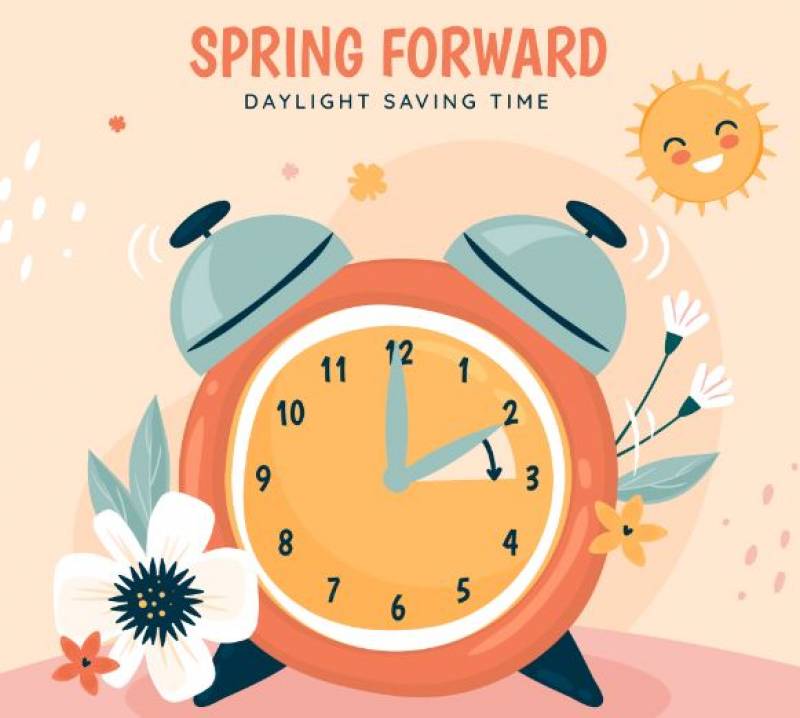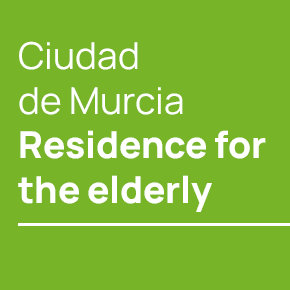
To be listed on the CAMPOSOL TODAY MAP please call +34 968 018 268.

Guidelines for submitting articles to La Manga Club Today
Hello, and thank you for choosing La Manga ClubToday.com to publicise your organisation’s info or event.
La Manga Club Today is a website set up by Murcia Today specifically for residents of the urbanisation in Southwest Murcia, providing news and information on what’s happening in the local area, which is the largest English-speaking expat area in the Region of Murcia.
When submitting text to be included on La Manga Club Today, please abide by the following guidelines so we can upload your article as swiftly as possible:
Send an email to editor@lamangaclubtoday.com or contact@murciatoday.com
Attach the information in a Word Document or Google Doc
Include all relevant points, including:
Who is the organisation running the event?
Where is it happening?
When?
How much does it cost?
Is it necessary to book beforehand, or can people just show up on the day?
…but try not to exceed 300 words
Also attach a photo to illustrate your article, no more than 100kb

Understanding your hearing
It’s your brain that hears not your ears.
 Your hearing serves many purposes such as keeping you safe, Iocating where sound is coming from, and helping you follow conversations. Your ears and brain form a system and work together. Your ears funnel information into the hearing system and your brain processes the information into sound and meaning.
Your hearing serves many purposes such as keeping you safe, Iocating where sound is coming from, and helping you follow conversations. Your ears and brain form a system and work together. Your ears funnel information into the hearing system and your brain processes the information into sound and meaning.
Your brain constantly takes In a wide variety of cues from your ears, and automatically and effortlessly identifies the sounds and Iocates where they are coming from. Imagine you are about to step into traffic. It is your brain that let you know whether or not it is safe to proceed. Therefore, it is crucial that you can hear all the sounds around you from both ears to understand where a sound is coming from. In noisy environments, your two ears work together to improve speech understanding by providing access to the important details in the environment. The more detailed the information your brain receives the easier it is to identify and follow what is being said.
 Living with a hearing loss is tiring and can affect your ability to remember
Living with a hearing loss is tiring and can affect your ability to remember
Getting through the day with a hearing loss can be hard work. Everyday situations require more effort in order to follow and understand what Is being said. When you have a hearing loss, your ears lose their ability to pick up certain sounds. Your brain has to work much harder to “fill in the gaps” and guess what is being said.
Both of these tasks require more mental resources and can leave you feeling exhausted. Using more mental resources to hear leaves you with fewer resources to perform other important brain functions such as remembenIng what was said. So even if you manage to follow the conversation you may struggle recalling what has been said. To reduce the load on your brain, is it important that you hear all speakers clearly, especially in noisy environments.
Did you know?
Untreated hearing loss makes it difficult to follow conversations and is often very exhausting
Untreated heanIng loss often leads to reduced contact with family, friends and colleagues, which can turn into feelings of isolation and depression
Untreated hearing loss makes it difficult to stay connected to communication and entertainment devices like TV and phones
Hearing is central to your health and quality of life
Using hearing aids helps reduce mental decline
 As hearing loss increases people become increasingly frustrated and socially isolated. Now new studies show, that untreated hearing loss is associated with a greater risk of dementia. While no hearing aids can cure dementia or restore your hearing, they do go a long way in helping to keep your brain fit.
As hearing loss increases people become increasingly frustrated and socially isolated. Now new studies show, that untreated hearing loss is associated with a greater risk of dementia. While no hearing aids can cure dementia or restore your hearing, they do go a long way in helping to keep your brain fit.
When you wear hearing aids you will find it easier to communicate and participate in social activities. This stimulates your brain and helps decrease the risk of accelerated mental decline related to untreated hearing Ioss.
Taking care of your hearing is one of the important keys to maintaining an active intellectual and social life.
Risk of developing dementia with untreated hearing loss
Mild loss: 2X more likely
Moderate hearing loss: 3X more likely
Severe hearing loss: 5X more likely















































